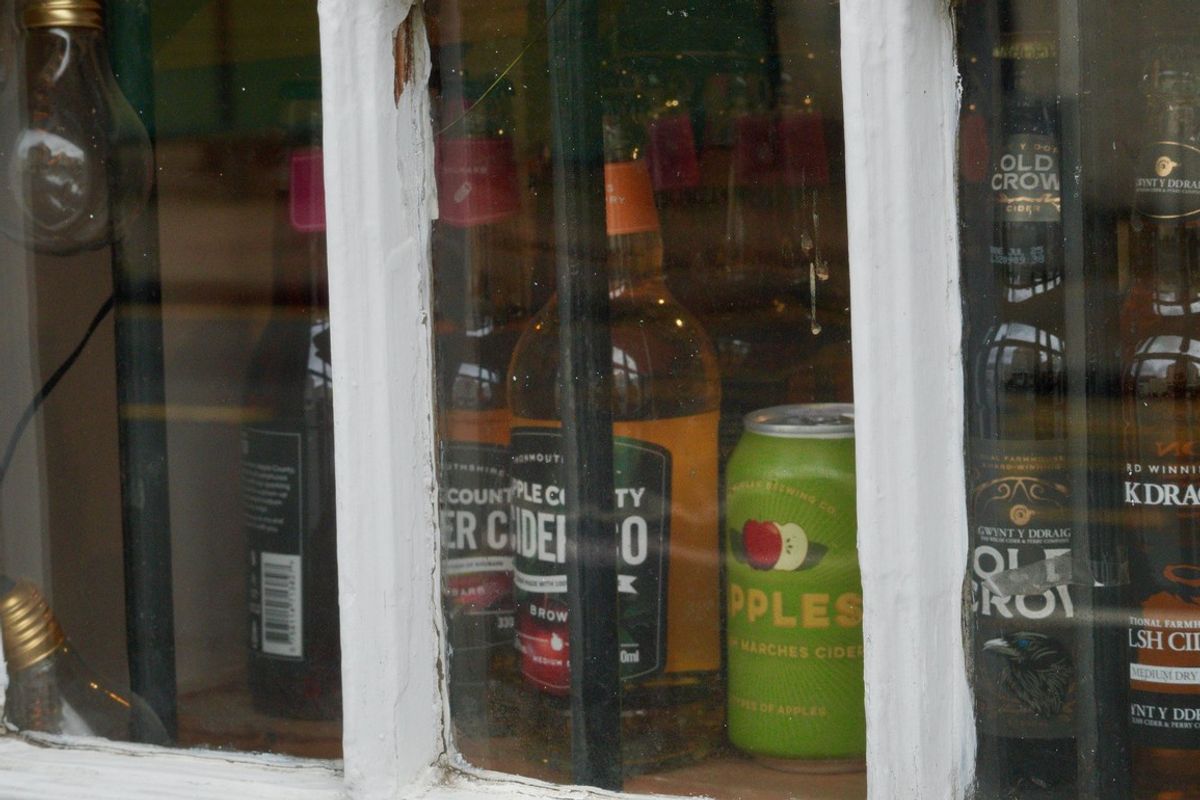The Welsh government has been advised to increase the minimum price per unit of alcohol to at least 65p to maintain the positive impacts observed since the introduction of minimum pricing for alcohol (MPA) in 2020.
This recommendation is the key finding from an independent evaluation report published on Wednesday, which assessed the policy’s effect on alcohol-related behaviours, consumption, and retail outcomes.
Wales introduced its MPA policy on 2 March 2020, setting a minimum price of 50p per unit. The legislation aimed to reduce hazardous and harmful drinking by targeting the affordability of cheap, high-strength alcohol. The policy followed Scotland’s lead, where a similar measure at 50p had already been implemented.
The report, covering the period up to June 2024, highlighted several positive outcomes from the implementation of MPA in Wales:
- Reduction in cheap alcohol products: Certain high-strength, low-cost products, such as large volumes of cheap ciders and lagers, were removed from the market.
- Retail compliance: Retailers across Wales consistently adhered to the minimum pricing rules.
- Consumption shifts: There was evidence of consumers switching from cheap ciders and lagers to other beverages like wine and spirits.
- Reduction in overall consumption: Indicative data showed that alcohol consumption, measured through purchasing behaviour, decreased among Welsh drinkers.
Notably, the policy had a greater impact on those drinking at harmful levels, with dependent drinkers and individuals seeking treatment experiencing more significant changes. However, the report acknowledged that the financial strain on low-income, heavy drinkers led to adverse effects, such as prioritising alcohol purchases over essentials like food or bills.
The evaluation report draws heavily on insights from Scotland’s experience with MPA, where a price increase to 65p has already been implemented.
“The obvious step would be to follow the Scottish lead and renew the legislation, and thus retain the policy option,” the report recommends. “Electing not to renew the MPA legislation and letting the ‘sunset clause’ take effect has certain implications. The most obvious of these is that Wales will see the return of the availability of cheaper alcohol products and the associated increase in harms.”
Moreover, the loss of the policy could make it challenging for the Welsh government to reintroduce MPA in the future without the UK government support, it noted.
Sarah Murphy, the Welsh minister for mental health and wellbeing, welcomed the evaluations and their findings. She added that MPA is only one component of Wales’s broader alcohol policy, which includes significant investments in substance misuse treatment services.
In a written statement, Murphy confirmed that the Welsh government is initiating a 12-week consultation with relevant stakeholders to inform its report on the operation and effect of the legislation.
The minister highlighted the robust enforcement of the policy by Trading Standards Wales, which has reported just six fines following over 3,000 inspections since the legislation’s introduction. She also acknowledged the evaluation’s findings that substitution of alcohol with illegal substances or significant cross-border shopping have not been major concerns.
The report’s findings align with international research that identifies affordability as a critical component of effective alcohol policy. Minimum pricing is recognised by the World Health Organisation as a ‘best buy’ for reducing alcohol harm.


